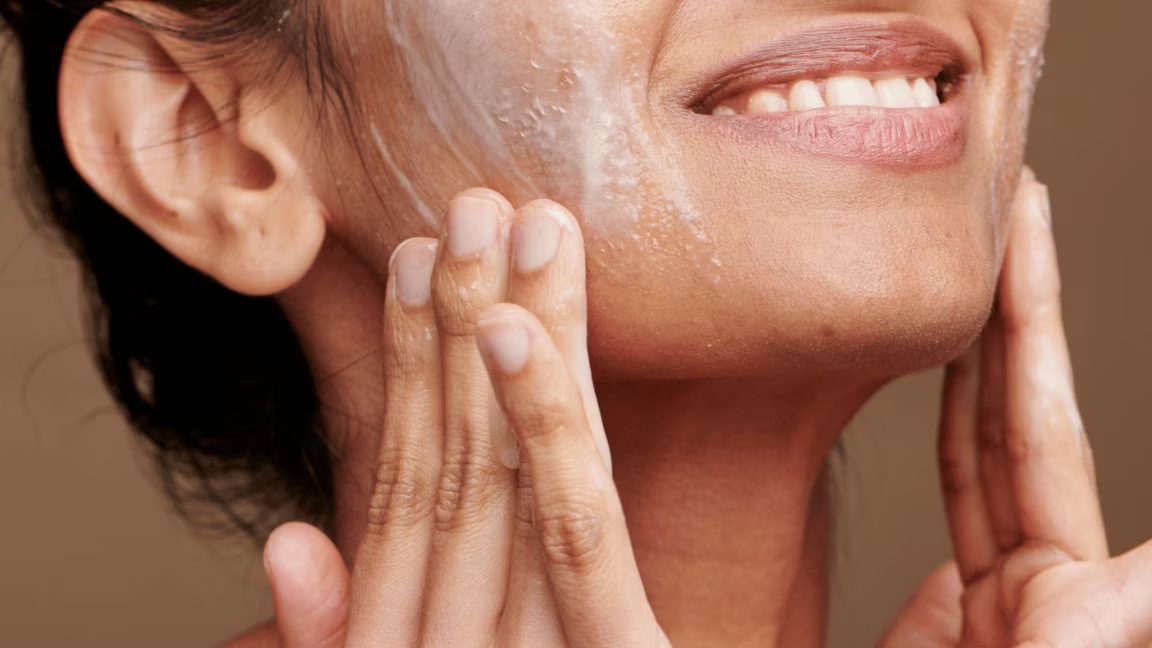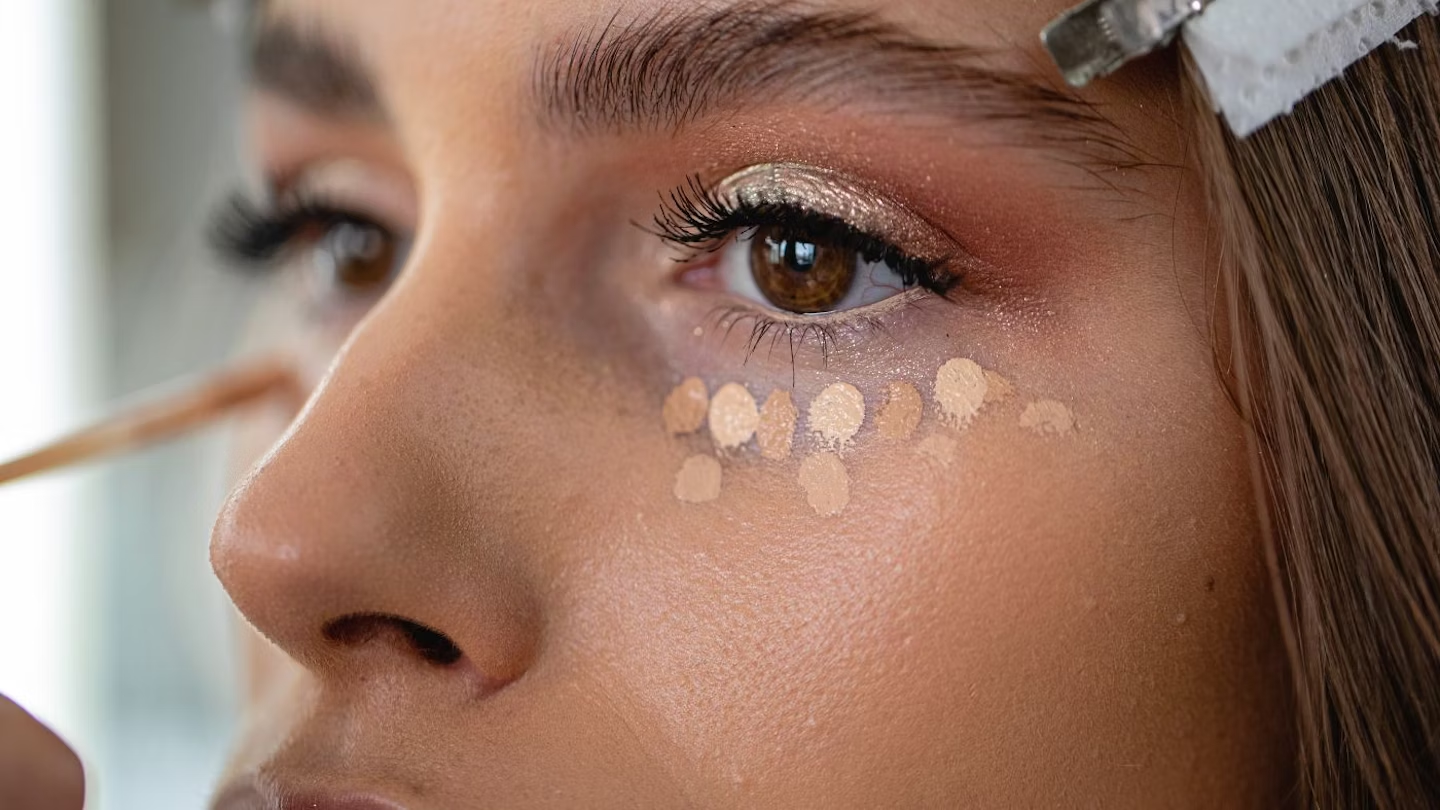The allure of a pill that can erase wrinkles, boost hydration, and restore a youthful glow is a powerful one in our fast-paced world. The nutraceutical industry has exploded, offering a dizzying array of capsules, powders, and gummies that promise to deliver beauty from within. From collagen peptides stirred into morning coffee to hyaluronic acid capsules swallowed with lunch, these supplements represent a paradigm shift from topical skincare to systemic, oral intervention. But does the scientific evidence support the marketing hype? Can these supplements truly navigate the harsh journey through our digestive system and deliver tangible, visible results to our skin?
This article moves beyond anecdotal testimonials and delves into the rigorous clinical data to answer this pressing question. We will critically examine the two reigning champions of the ingestible beauty market—collagen peptides and hyaluronic acid—separating biochemical promise from proven efficacy. Furthermore, we will explore the essential vitamins and minerals that form the foundational support for any effective supplement regimen, providing a comprehensive and evidence-based perspective on the true potential of inside-out beauty.
The Building Block Boom: The Science and Scrutiny of Collagen Peptides
Collagen is the most abundant protein in the human body, forming the fundamental scaffolding of our skin, bones, tendons, and ligaments. In the skin, collagen fibers within the dermis provide structural support, firmness, and elasticity. The natural aging process, coupled with external factors like UV exposure and pollution, leads to a steady decline in both the quantity and quality of collagen, resulting in the formation of wrinkles and sagging skin.
The premise of collagen supplements is elegantly simple: provide the body with the raw materials to rebuild its own collagen. However, the key to their efficacy lies in the form: collagen peptides (also known as hydrolyzed collagen). These are short chains of amino acids produced by enzymatically breaking down full-length, native collagen molecules. This hydrolysis is crucial because it makes the collagen fragments small enough to be efficiently absorbed into the bloodstream through the intestinal wall.
Once absorbed, the theory of action unfolds in two primary, scientifically supported ways:
- Bioactive Signaling: This is the most well-researched mechanism. Collagen peptides do not simply travel to the skin and reassemble into new collagen. Instead, they act as bioactive messengers. Specific peptide sequences, such as Pro-Hyp and Hyp-Gly, have been shown to stimulate fibroblasts—the cells in the dermis responsible for producing collagen, elastin, and hyaluronic acid. In essence, they “signal” to these skin cells to become more active, accelerating the natural production of fresh, youthful structural proteins.
- Providing Raw Materials: The absorbed peptides also provide a rich source of the amino acids glycine, proline, and hydroxyproline, which are the fundamental building blocks of collagen. While a balanced diet can provide these, a supplement offers a concentrated, readily available supply, ensuring that fibroblasts have the necessary components to synthesize new collagen when stimulated.
Clinical Data and Realistic Outcomes:
A substantial body of clinical evidence supports the use of specific collagen peptide supplements. Numerous randomized, placebo-controlled trials (the gold standard of scientific research) have demonstrated consistent, statistically significant benefits:
- Improved Skin Hydration: Multiple studies show measurable increases in skin moisture levels after 8-12 weeks of daily supplementation.
- Reduction in Wrinkle Depth: Instrumental measurements (like skin visiometers) have confirmed a significant reduction in the depth and volume of wrinkles, particularly around the eyes (crow’s feet).
- Enhanced Skin Elasticity: Studies report improved skin firmness and elasticity, indicating a strengthening of the dermal matrix.
- Increased Collagen Density: Ultrasound measurements of the dermis have shown a tangible increase in collagen density in subjects taking collagen peptides compared to those on a placebo.
The critical takeaway is that these results are subtle yet measurable. Collagen supplements are not a facelift in a jar; they are a gradual, proactive intervention that can improve skin quality, resilience, and hydration over time. The effects are most pronounced when started proactively in one’s 30s and 40s and are highly dependent on the quality, source, and dosage (typically 2.5-10 grams daily) of the supplement.

The Moisture Magnet: Oral Hyaluronic Acid Under the Microscope
Hyaluronic Acid (HA) is a glycosaminoglycan, a giant sugar molecule renowned for its incredible capacity to hold up to 1,000 times its weight in water. It is a vital component of the skin’s extracellular matrix, where it forms a gel-like substance that maintains volume, turgor, and hydration. Like collagen, its levels deplete with age.
The concept of oral HA supplementation is intriguing: can consuming this large molecule benefit the skin? The journey is more complex than that of collagen peptides. HA is a very large molecule, and for years, it was assumed it could not be absorbed intact. However, research has revealed that a portion of it is broken down by intestinal bacteria and absorbed as smaller fragments and oligosaccharides.
The proposed mechanisms for oral HA’s efficacy are:
- Systemic Distribution of Fragments: Once absorbed, these HA fragments are distributed throughout the body. Research suggests they can accumulate in the skin, where they may act as signaling molecules, stimulating the body’s own fibroblasts to produce more endogenous hyaluronic acid.
- Anti-Inflammatory Effects: Studies indicate that low-molecular-weight HA fragments can exert anti-inflammatory effects, which can indirectly benefit skin conditions characterized by inflammation, such as dryness and redness.
- Moisture Retention from Within: By increasing the pool of HA in the dermis, oral supplementation aims to improve the skin’s fundamental water-binding capacity, leading to better overall hydration from the deepest layers outward.
Clinical Data and Realistic Outcomes:
The clinical evidence for oral HA, while growing, is not as extensive or uniformly robust as for collagen peptides. However, several well-designed studies have shown promising results:
- A 2021 systematic review concluded that oral HA is effective in improving skin hydration, elasticity, and wrinkle reduction, with most studies showing benefits after 4-12 weeks of supplementation.
- A double-blind, placebo-controlled study found that subjects taking 120 mg of low-molecular-weight HA daily for 12 weeks showed significant improvements in skin hydration and a reduction in the appearance of fine wrinkles compared to the placebo group.
- Another study demonstrated that oral HA not only improved skin condition but also reduced signs of fatigue around the eyes.
The effects of oral HA appear to be most potent for boosting overall skin hydration and plumpness. It is often considered a complementary approach to collagen supplementation, with collagen focusing on structural support and HA on moisture retention. The molecular weight of the HA is a key factor, with lower molecular weights being investigated for better bioavailability and efficacy.
Beyond the Hype: The Foundational Role of Clinical Data and Supporting Nutrients
Navigating the world of ingestible beauty requires a healthy skepticism and a reliance on clinical data. The market is saturated with products that rely on elegant branding rather than scientific substantiation. When evaluating a supplement, consumers should look for:
- Human Clinical Trials: Prioritize brands that invest in and publish the results of randomized, placebo-controlled human studies on their specific product formulation.
- Patented Ingredients: Ingredients like VERISOL® (collagen peptides) and HAPLEX® (hyaluronic acid) are often clinically tested and trademarked, providing a level of quality assurance.
- Transparent Dosage: The supplement should clearly state the dosage of the active ingredient that matches the amounts used in successful clinical trials.
Furthermore, no single supplement can work in a vacuum. The efficacy of collagen and HA is profoundly supported by an adequate intake of essential co-factors. A truly transformative “inside-out” beauty regimen must include, or be built upon, a foundation of:
- Vitamin C: An essential co-factor for the enzymes that synthesize both collagen and hyaluronic acid. Without adequate Vitamin C, the body cannot efficiently use the building blocks provided by supplements.
- Zinc and Copper: These trace minerals are also crucial co-factors in collagen formation and wound healing.
- Biotin and Silica: Support the health of skin, hair, and nails by contributing to keratin production and connective tissue health.
Conclusion: A Verified Ally, Not a Magic Bullet
So, can supplements truly transform your skin? The evidence points to a qualified “yes.” High-quality, clinically-backed supplements—particularly specific collagen peptides and hyaluronic acid—are not mere placebos. They are bioavailable tools that can deliver measurable, albeit subtle, improvements in skin hydration, elasticity, and wrinkle depth by working at a cellular level to support the skin’s natural regenerative processes.
However, they are not magic bullets. They cannot reverse decades of sun damage or replace the need for a healthy diet, consistent sun protection, and a effective topical skincare routine. Instead, they should be viewed as a powerful, synergistic component of a holistic beauty strategy. When chosen wisely based on clinical data and supported by a nutrient-rich diet, ingestible supplements can indeed be a valuable and verified ally in the quest for sustained, radiant skin from the inside out.












































